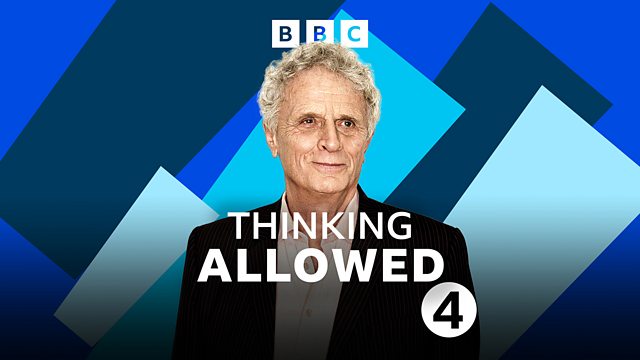Kissing; The British Hitman
Laurie Taylor explores the cultural meaning and history of the romantic kiss. Plus hitmen for hire - who are Britain's contract killers?
Kissing - a cultural history. How do we make sense of the kiss and why did it become a vital sign of romance and courtship? Laurie Taylor talks to Marcel Danesi, Professor of Linguistic Anthropology about his new book 'The History of the Kiss' which argues that kissing was the first act of "free romance" liberated from the yoke of arranged unions. When the kiss first appeared in poetry and songs of the medieval period, it was as a desirable but forbidden act. Since then it has evolved into the quintessential symbol of love-making in the popular imagination. From early poems and paintings to current films, its romantic incarnation coincides with the birth of popular culture itself. They're joined by Karen Harvey, Reader in Cultural History at the University of Sheffield, who has studied the meaning of the kiss across different cultures and periods.
Also, hitmen for hire: David Wilson, Professor of Criminology, examined 27 cases of contract killing committed by 36 men (including accomplices) and one woman. Far from involving shadowy, organised criminals, the reality of killing for cash turned out to be surprisingly mundane.
Producer: Jayne Egerton.
Last on
Marcel Danesi
Professor of Semiotics and Communication Theory, and coordinator of the University of Toronto
Ìý
Find out more about
Ìý
Ìý
The History of the Kiss: The Birth of Popular Culture
Publisher: Palgrave MacmillanÌý
ISBN-10: 1137376848
ISBN-13: 978-1137376848
Karen Harvey
Reader in Cultural History, Department of History, University of Sheffield
Ìý
Find out more about Dr
Ìý
Ìý
The Little Republic: Masculinity and Domestic Authority in Eighteenth-Century Britain
Publisher: OUP OxfordÌý
ISBN-10: 0199686130
ISBN-13: 978-0199686131
David Wilson
Professor of Criminology, Centre for Applied Criminology, School of Social Sciences, Birmingham City University
Ìý
Find out more about
Ìý
Ìý
Abstract: Donal Macintyre, David Wilson, Elizabeth Yardley and Liam Brolan
The Howard Journal of Criminal Justice
doi: 10.1111/hojo.12063
Ethnography Award
Thank you for all your entries.ÌýÌý
Ìý
TheseÌýare now being reviewed by the judges for the Award, Professor Dick Hobbs, Professor Henrietta Moore, Dr Louise Westmarland, Professor Bev Skeggs. The Chair is Professor Laurie Taylor. (Please do not contact any judges directly).
Ìý
The judges will be looking for work which displays flair, originality and clarity, alongside sound methodology. The work should make a significant contribution to knowledge and understanding in the relevant area of research.
Ìý
The panel of judges will select six finalists, and from that shortlist the judges will select an overall winner who will be awarded a prize of £1000.
Ìý
The finalists will be contacted by telephone early spring of 2014 and the winner of the Award will be announced at the .
Ìý
Please see the for all the rules.
Broadcasts
- Wed 2 Apr 2014 16:00Â鶹Éç Radio 4
- Mon 7 Apr 2014 00:15Â鶹Éç Radio 4
Explore further with The Open University
Â鶹Éç Thinking Allowed is produced in partnership with The Open University
Download this programme
Subscribe to this programme or download individual episodes.
Podcast
-
![]()
Thinking Allowed
New research on how society works


